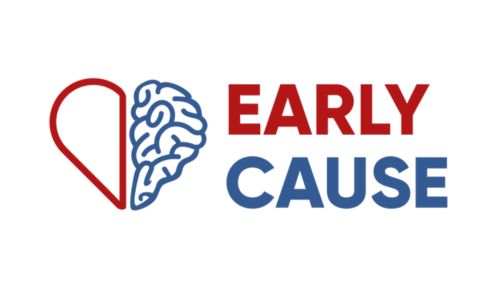EarlyCause
Research project
It has been shown that early life stress can have long-lasting consequences on human health, and impact psychological and physiological processes later in life. Some of the diseases which are most frequently linked with stressful experiences in early life are depression, cardiovascular diseases and metabolic disorders, such as diabetes. Unfortunately, these three diseases are often multi-morbid – that is, they often appear together in the same patient. However, the potential role of early life stress in this multi-morbidity is currently unclear.
To better understand the links between early life stress and depression, cardiovascular diseases and metabolic disorders, the EarlyCause project aims to find mechanisms that might link these diseases on a molecular/biological level. Therefore, the project studies biological mechanisms, but also considers lifestyle and behavioural factors. Once (potential) causes and protective mechanisms have been identified, so called “intervention strategies” will be studied and proposed to actively prevent the disease outbreak. Furthermore, strategies to reverse causative mechanisms will be explored in order to reduce the effect of early life stress in individuals at high risk of developing such multi-morbidities.
The EarlyCause project, funded by Horizon2020 (grant nr. 848158), will use big data in humans, cellular and animal experiments as well as artificial intelligence to expand the current knowledge base, identify quantitative biomarkers and develop clinical tools to assess disease and comorbidity induced by early life stress. This highly multi-disciplinary and experienced consortium combines state-of-the-art and novel approaches from basic, pre-clinical and clinical research, including causal inference methods such as Mendelian randomisation, animal models of prenatal and postnatal stress, cellular models in various tissues, and integrative bioinformatics and machine learning methods.
Read more in our factsheet.

Contact information
Camille Souama




